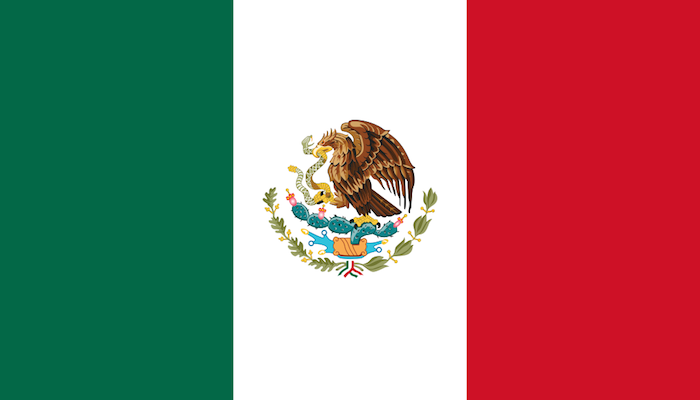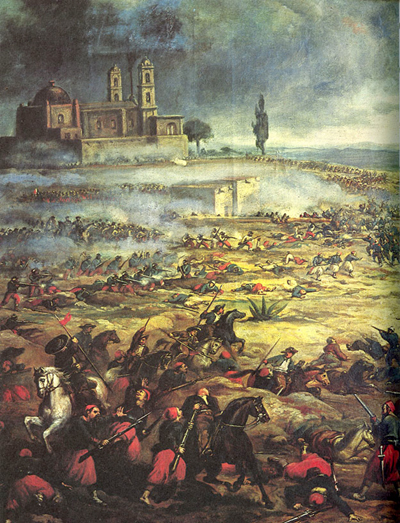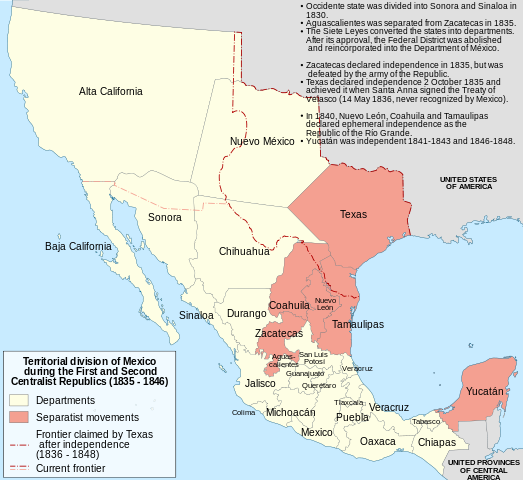There are heavily armed militant groups with substantial military experience terrorizing, extorting, and beheading people in a major oil-producing desert country to the south of a NATO member, who have had a destabilizing effect across borders in a wide region encompassing many countries. They lack popular support and rule their territory primarily by fear. They are the Mexican cartels, and we haven’t bombed them at all (unlike ISIS), even as they have captured and held territory for years on end.
That parallel occurred to me a number of weeks ago, when I was reading up on the development of Los Zetas, the cartel that emerged from the Mexican military itself, but I didn’t have enough hard numbers to back up the argument. Then I read this article by Musa al-Gharbi.
The overall numbers are astonishing:
A recent United Nations report estimated nearly 9,000 civilians have been killed and 17,386 wounded in Iraq in 2014, more than half since ISIL fighters seized large parts on northern Iraq in June. It is likely that the group is responsible another several thousand deaths in Syria. To be sure, these numbers are staggering. But in 2013 drug cartels murdered more than 16,000 people in Mexico alone, and another 60,000 from 2006 to 2012 — a rate of more than one killing every half hour for the last seven years. What is worse, these are estimates from the Mexican government, which is known to deflate the actual death toll by about 50 percent.
ISIS is held up, as well, for its barbarity. But the cartels in Mexico have them beat there too:
Statistics alone does not convey the depravity and threat of the cartels. They carry out hundreds of beheadings every year. Beyond decapitation, the cartels are known to dismember and otherwise mutilate the corpses of their victims — displaying piles of bodies prominently in towns to terrorize the public into compliance. They routinely target women and children to further intimidate communities. Like ISIL, the cartels also use social media to post graphic images of their atrocious crimes.
The narcos also recruit child soldiers, molding boys as young as 11 into assassins or sending them on suicide missions during armed confrontations with Mexico’s army. They kidnap tens of thousands of children every year to use as drug mules or prostitutes or to simply kill and harvest their organs for sale on the black market. Those who dare to call for reforms often end up dead. In September, with the apparent assistance of local police, cartels kidnapped and massacred 43 students at a teaching college near the Mexican town of Iguala in response to student protests, leaving their bodies in a mass grave, mutilated and burned almost beyond recognition.
There has been a far more systematic campaign against reporters and citizen journalists in Mexico than anything we’ve seen from ISIS.
While the Islamic militants have killed a handful of journalists, the cartels murdered as many as 57 since 2006 for reporting on cartel crimes or exposing government complicity with the criminals. Much of Mexico’s media has been effectively silenced by intimidation or bribes. These censorship activities extend beyond professional media, with narcos tracking down and murdering ordinary citizens who criticize them on the Internet, leaving their naked and disemboweled corpses hanging in public squares.
The treatment of women is at least as bad under the Mexican cartels as under ISIS but on a much vaster scale:
[…] Westerners across various political spectrums were outraged when ISIL seized 1,500 Yazidi women, committing sexual violence against the captives and using them as slaves. Here again, the cartels’ capture and trafficking of women dwarfs that of ISIL’s crimes. Narcos hold tens of thousands of Mexican citizens as slaves for their various enterprises and systematically use rape as a weapon of war.
U.S. airstrikes this summer in Iraq began when ISIS forces came within a few dozen miles of the U.S. consulate in Erbil in the Kurdistan Region of Iraq, while U.S. airstrikes in Syria came after two beheadings in Raqqa, Syria. How does that stack up with Mexico?
U.S. media have especially hyped ISIL’s violence against Americans. This summer ISIL beheaded two Americans and has warned about executing a third; additionally, one U.S. Marine has died in efforts to combat the group. By contrast, the cartels killed 293 Americans in Mexico from 2007 to 2010 and have repeatedly attacked U.S. consulates in Mexico. While ISIL’s beheadings are no doubt outrageous, the cartels tortured, dismembered and then cooked one of the Americans they captured — possibly eating him or feeding him to dogs.
ISIS has not staged any attacks in the United States, or killed large numbers of U.S. citizens anywhere for that matter. In contrast, the Mexican cartels have not only staged attacks and assassinations inside the United States but have killed more U.S. citizens inside the United States itself than were killed by al-Qaeda on 9/11.
The cartels’ atrocities are not restricted to the Mexican side of the border. From 2006 to 2010 as many as 5,700 Americans were killed in the U.S. by cartel-fueled drug violence. By contrast, 2,937 people were killed in the Sept. 11, 2001, attacks. Over the last decade, some 2,349 Americans were killed in Afghanistan, and 4,487 Americans died in Iraq. In four years the cartels have managed to cause the deaths of more Americans than during 9/11 or either of those wars.
Cult-like pseudo-military organizations controlling large swathes of territory and local government administrations in one of the world’s largest oil producers, while threatening and attacking American citizens and interests regularly, but the United States doesn’t intervene militarily? How bizarre.
Read more







